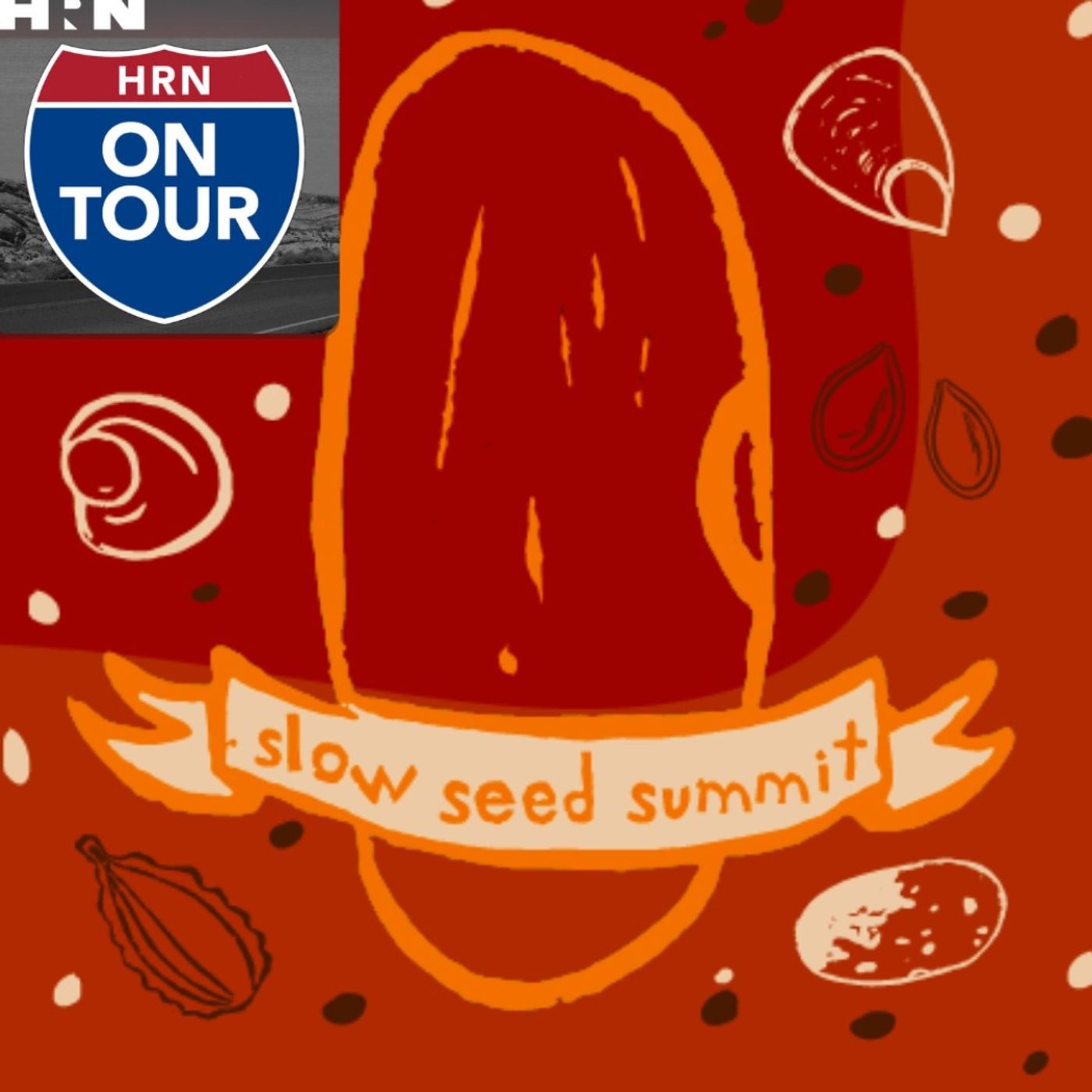2022 Slow Seed Summit: Author Readings - May 14

b'HRN was proud to work with Slow Food USA as a media partner for the Slow Seed Summit, which took place on May 13 - May 15, 2022. For three days, hundreds of people from around the world gathered virtually to discuss the regeneration of our world\\u2019s foodways to advance good, clean and fair food for all. Each day focused on a new lens through which attendees listened, shared and planned the future of our climate, health and food justice. \\n\\nWe took a moment during this rousing Global Slow Seed Summit to pause, slow down and reflect with some authors in our network who have reflected on the key theme of this summit: Regenerating our Climate, Health and Connection. In this talk, hear John Hausdoerffer, Dr. Devon Pe\\xf1a, Dr. Enrique Salmon, and Dr. Lindsey Lunsford. \\n\\nJohn Hausdoerffer is the editor of What Kind of Ancestor Do You Want to Be? and Kinship: Belonging in a World of Relations, and his books \\u201cCatlin\\u2019s Lament\\u201c and \\u201cWildness\\u201c \\u200bimagine how environmental health must come from and result in the healing of deep histories of social injustice and cultural trauma. Dr. Devon Pe\\xf1a is Co-Founder and President of The Acequia Institute, manages the foundation\\u2019s 181-acre \\u2018almunyah\\u2019 in the bottomlands of Viejo San Acacio, CO, and is the author of Mexican-Origin Foods, Foodways, and Social Movements: Decolonial Perspectives. Dr. Enrique Salmon is author of \\u201cEating The Landscape,\\u201d a book focused on small-scale Native farmers of the Greater Southwest and their role in maintaining biocultural diversity.\\xa0 He has also recently published \\u201cIw\\xedgara: The Kinship of Plants and People,\\u201d an ethnobotany of 80 plants important to American Indians. Dr. Lindsey Lunsford is a scholar activist and agriculture advocate. Dr. Lunsford\\u2019s doctoral research focused on the restorying of African American food systems and foodways for the pursuit of cultural justice and food sovereignty.'